|
Name: Ibogaine
Type: Psychedelic
AKA: Tabernanthe iboga, iboga
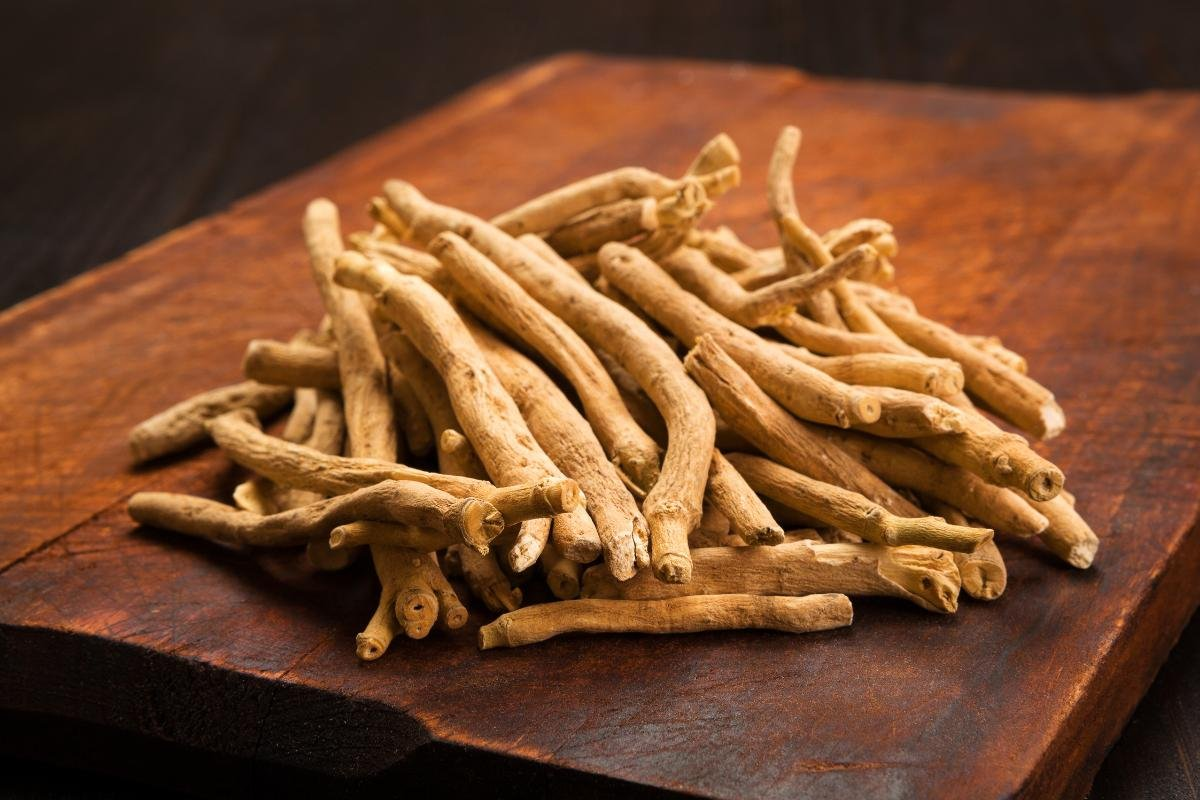
|
|
II. Natural Derivative
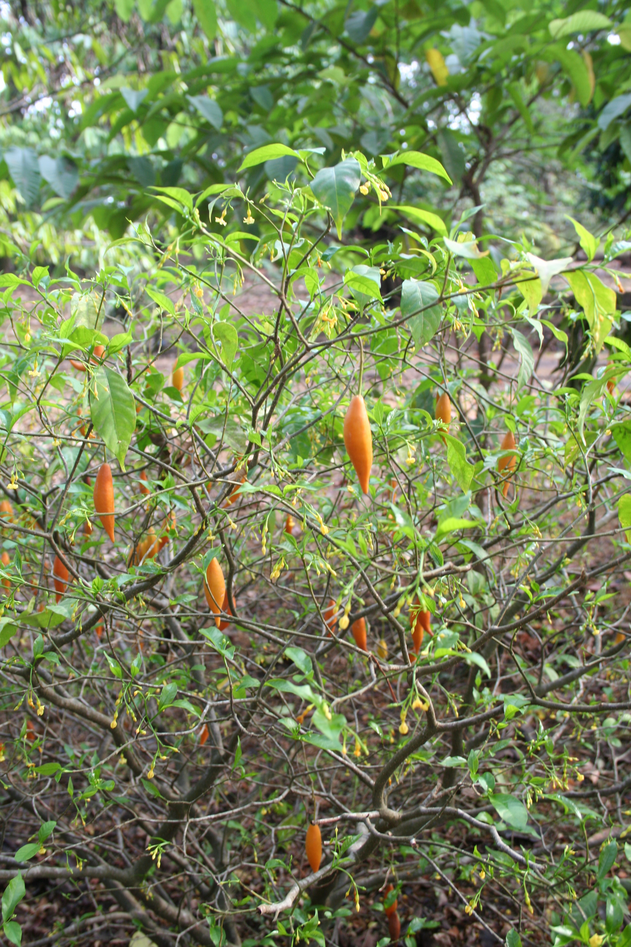
|
|
III. Chemical Profile (IUPAC name)
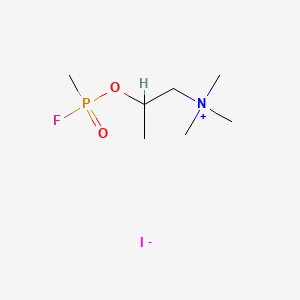
|
|
IV. History
Ibogaine, a psychoactive alkaloid derived from the iboga plant native to West Africa, has been used traditionally in Bwiti religious ceremonies for its hallucinogenic properties. In the 1960s, it was studied for its potential in treating addiction. Despite its controversial status and potential for abuse, ibogaine has been researched for its unique effects on addiction and consciousness.

|
|
V. Legal Information
Ibogaine, a psychoactive substance with potential therapeutic uses, is classified as a controlled substance in some countries due to its hallucinogenic properties. In the US, it is not federally approved but may be regulated under state laws. Internationally, its legal status varies, with some countries imposing strict controls.
US Federal Schedule - I
Schedule I drugs, substances, or chemicals are defined as drugs with no currently accepted medical use and a high potential for abuse. Some examples of Schedule I drugs are: heroin, lysergic acid diethylamide (LSD), marijuana (cannabis), 3,4-methylenedioxymethamphetamine (ecstasy), methaqualone, and peyote.
Key US Federal Policies:
Controlled Substances Act. Public Law: Public Law 91-513 (text can be found on GovInfo) (https://www.dea.gov/drug-information/csa). Date enacted: October 27, 1970.
|
|
VI. Physical Effects
Ibogaine is a psychoactive compound used for its hallucinogenic and potentially therapeutic effects. As an upper, it induces profound alterations in perception and introspection. Short-term effects include intense visual and auditory hallucinations, while long-term use may lead to psychological insights or issues. Overdose risks involve cardiac complications and neurotoxicity. Safe dosing involves controlled settings. Recent research emphasizes its potential in addiction treatment and the need for further study due to safety concerns. 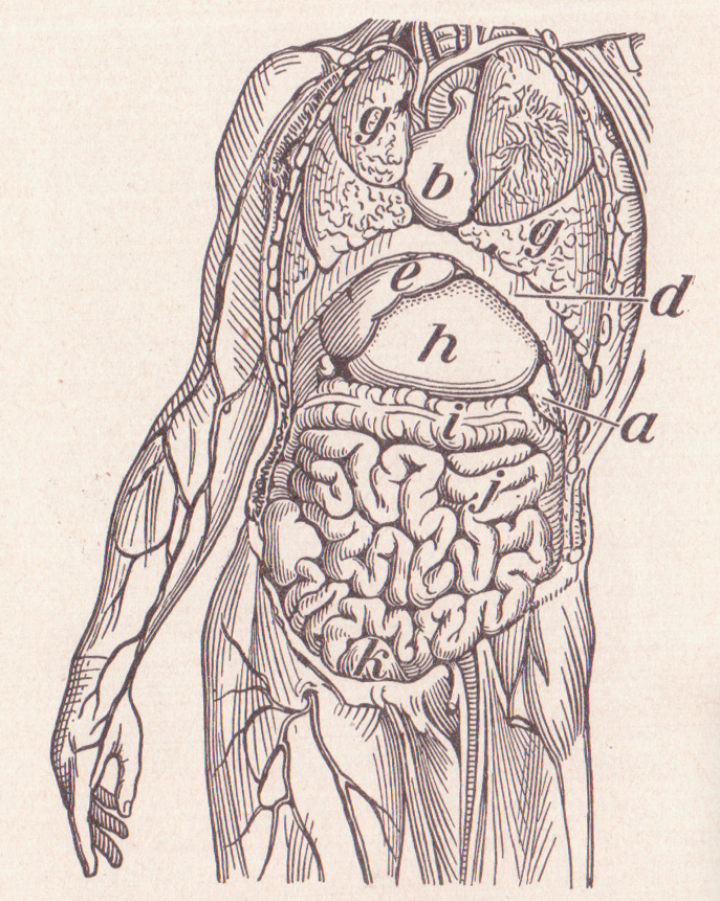 |
|
VII. Psychological Effects
Ibogaine, a psychedelic, affects serotonin and NMDA receptors, leading to altered perception and profound psychological experiences. Immediate effects include vivid hallucinations and introspection, with long-term use potentially offering therapeutic benefits for addiction. However, it may also cause psychological distress and cognitive impairments. Research explores its potential for treating addiction and its overall psychological impact.
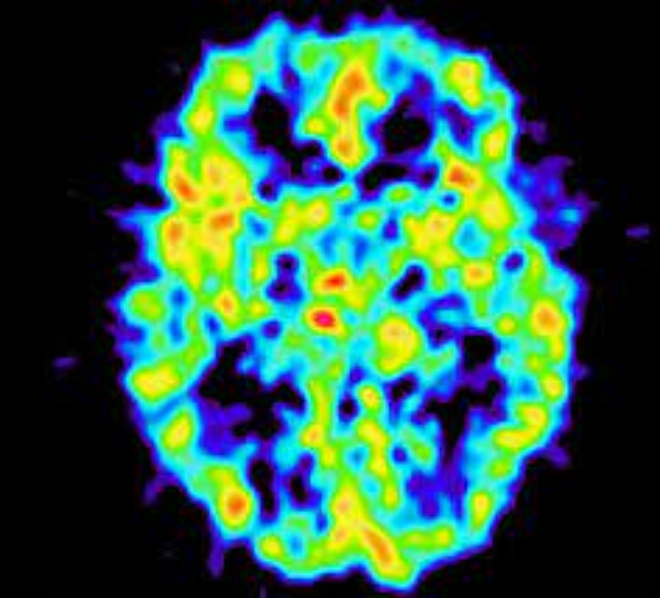 |
|
VIII. Culture
Ibogaine, a psychedelic substance derived from the iboga plant, is used in traditional African spiritual practices and has gained attention for its potential in treating addiction. Its cultural significance is tied to its use in Bwiti rituals in Central Africa and its exploration as a treatment for substance abuse in modern contexts. Ibogaine reflects the intersection of traditional spiritual practices and contemporary addiction treatment. Its role in the cultural narrative is one of bridging traditional and modern approaches to healing and consciousness.
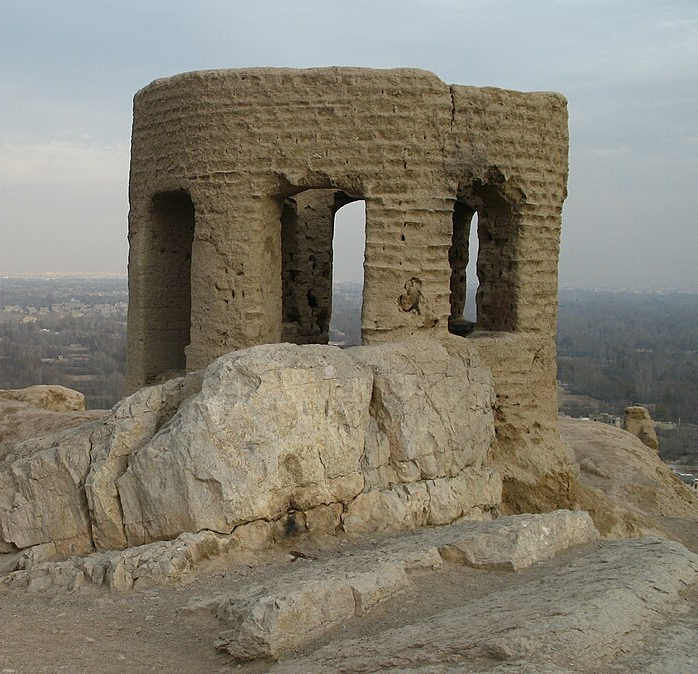 |
